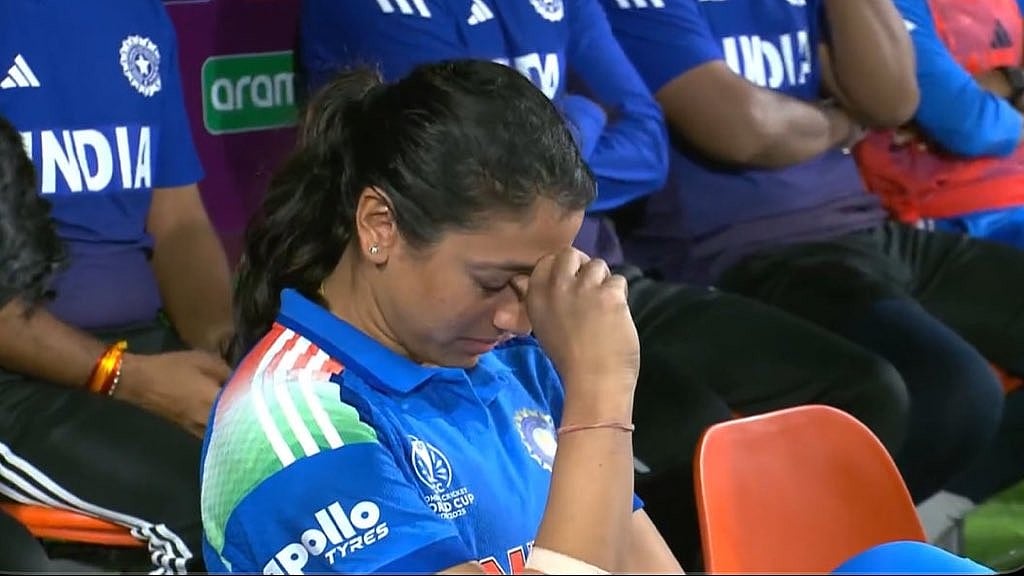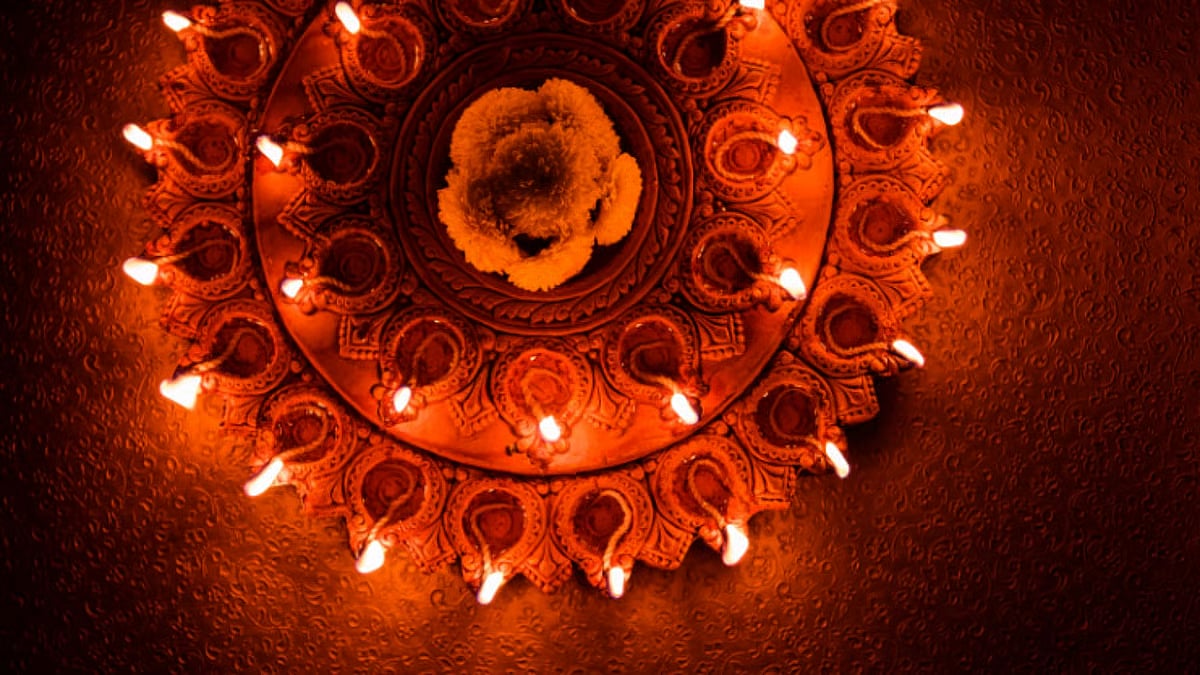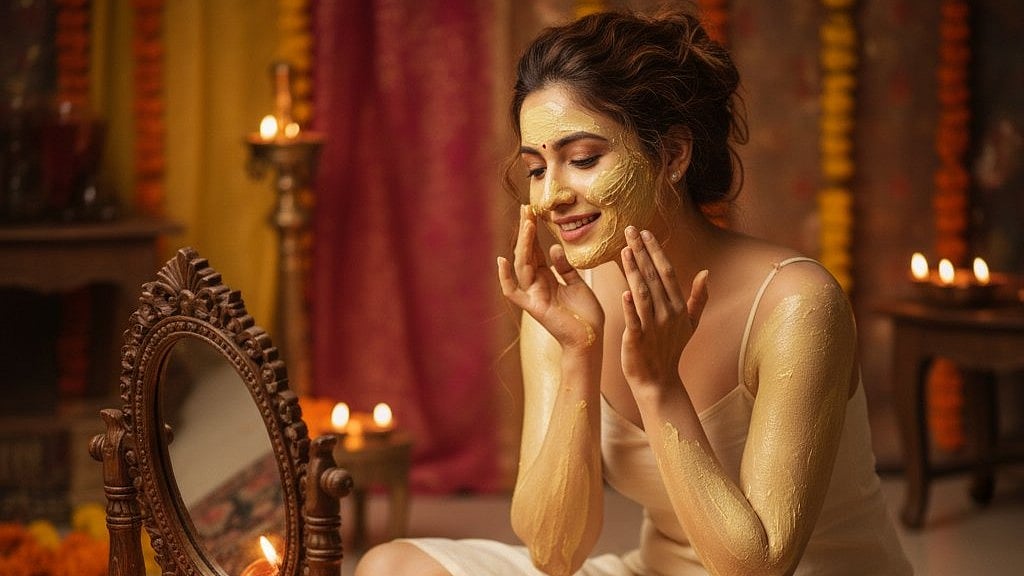When was the last time you thanked a partner, friend, or colleague at work? Not the mindless thank you frequently written in emails or in passing matter-of-factly. But when was the last time you genuinely meant it and felt it?
Gratitude is an underrated emotion that we forget to cultivate in our busy, fast-paced, individualistic lives. It wasn't until positive psychology research that gratitude started gaining attention in the past few years. Scientific research has shown that expressing gratitude is strongly associated with happiness and emotional well-being. People who regularly express gratitude are more optimistic, exercise more, have better relationships and keep their staff motivated, and increase productivity.
They also have better emotional health than those who focus on aggravating events. For example, in one study, researchers asked people to deliver a letter of gratitude to someone who had not been adequately thanked for their efforts. Participants' happiness levels increased significantly after this exercise, with the effect lasting for over a month.
Now that we have established the importance of gratitude, let's explore ways to incorporate it into our lives. The simplest way is to keep a gratitude journal and write down what you're grateful for every day. Then, you can choose to thank people regularly or even mentally, counting your blessings and everything going well with you. You can even incorporate gratitude in your yoga practice.
Set the intention
You can do that by setting the intention for gratitude. An intention, also alled Sankalpa, is a thought or quality that will stay with you throughout your practice. You can also think of it as a promise to yourself to focus on the intention and draw your energy towards it instead of dissipating it on random thoughts. Anything that resonates with you can be your intention. For example, if it's gratitude, you can start by expressing gratitude for 2-3 different things in your life and observe the reaction it brings to your body and mind. Then, breathe into that intention for a few minutes and let your mind concentrate upon the meaning of gratitude. Each time your mind drifts throughout the session, gently bring it back to the intention of being grateful.
Practice Namaskara Mudra
Bring the palms together in namaste and allow the back of the thumbs to touch the sternum. The heart is closely linked to gratitude, and bringing the palms closer to the chest helps us enhance this feeling.
Count your blessings
As you hold postures, instead of keeping count or counting your breaths, count your blessings. Then, either repeat the things you're grateful for or pick one thing and mentally verbalize the reasons why you're thankful for it.
Smile and Surrender
When you reach your maximum limit in a posture or find something challenging, smile and be grateful for the body that has got you so far. Instead of getting frustrated, appreciate the power of your body that supports you every waking moment of your life. Find that feeling of gratitude in the most challenging moments on the mat, when you're most inclined to judge yourself.
Connect with the world
As you move into more relaxing poses held for a longer time, expand your awareness to include other people. Find reasons you're grateful for to be in your family or in your locality or in your country. Disconnect from the negativity and the politics. Focus on the good moments you had and the opportunities that came your way that made you the person you are today. Your family, society, country, the land you live upon all have a role to play.
Act with kindness
As you end your practice, go back to your intention of gratitude. Think about the meaning of gratitude, and one final time, list down all things you're grateful for. And now decide on one act of kindness that you will do during the day. Because when you act with compassion, you may invoke feelings of gratitude in others.
Gratitude is a powerful practice and is the perfect antidote for the individualistic environment most of us live in today. When combined with kindness, it becomes a nearly ideal medicine that protects our health against the various stresses of everyday life. So, make it a part of your daily routine and find greater health and happiness through your practice.
(The writer is Yoga and Ayurveda Lifestyle Specialist and Founder—Yoganama)











